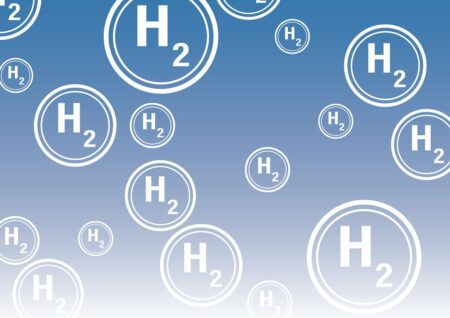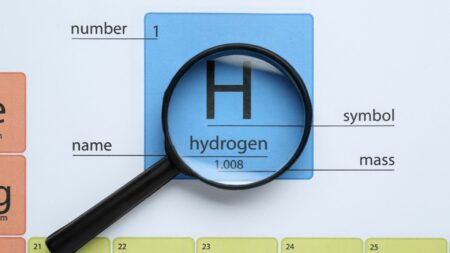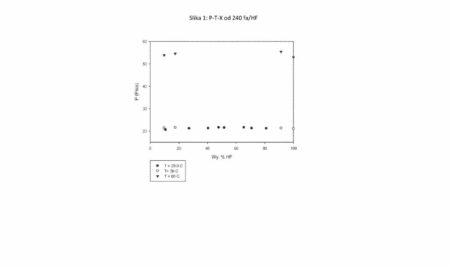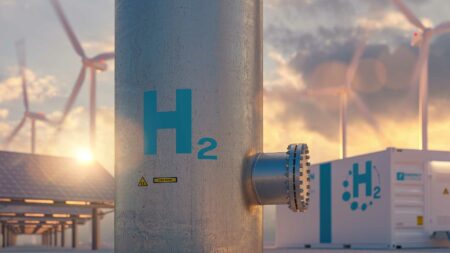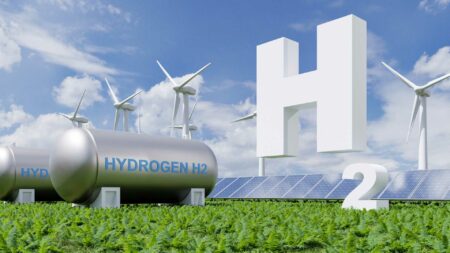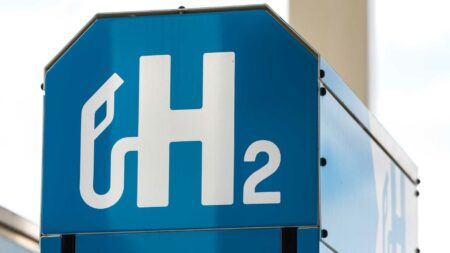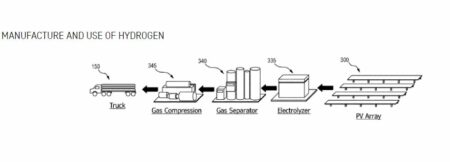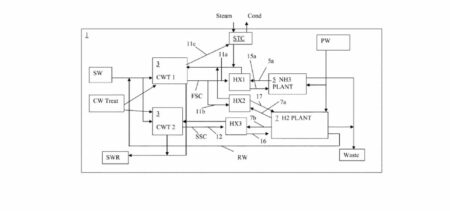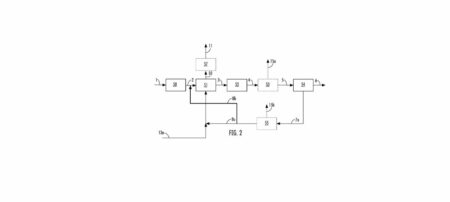The research article “Numerical simulation study on liquid hydrogen leakage diffusion behavior and solid-air deposition formation,” authored by Mengru Li and colleagues, delves into the critical area of hydrogen safety, focusing on the consequences of liquid hydrogen leaks.
Browsing: Innovation
The study presents a novel approach combining experimental results with a combinatorial optimization algorithm to predict the life expectancy of PEMFCs accurately. The algorithm leverages extensive experimental data to refine its predictive capabilities, offering more accurate and reliable life predictions than existing models.
The patent documentation lists a team of inventors under the auspices of Honeywell International, indicating a collaborative effort to push the boundaries of existing technologies.
This patent introduces a novel design for an electrolyzer stack to enhance the efficiency and ease of production in hydrogen generation systems.
One of the defining features of Arbel’s hydrogen storage system is its high-density storage capability. Unlike traditional storage methods that often face limitations in capacity and efficiency, this new system leverages advanced materials and unique engineering to maximize storage while ensuring safety and stability.
The article provides an overview of the HyResponder project, which aimed to create a standardized training framework for European first responders.
The authors propose a novel approach combining Pontryagin’s Minimum Principle (PMP) method with a cooperative optimization algorithm.
The inventors behind this patent aim to create a more sustainable and efficient process for hydrogen production, leveraging advances in photovoltaic (PV) technology and electrolysis.
This patent focuses on an advanced cooling system that promises improved operational flexibility and significant cost savings.
The patent focuses on a novel method for producing hydrogen while significantly decreasing carbon emissions, a critical advancement in the quest for sustainable energy solutions.


